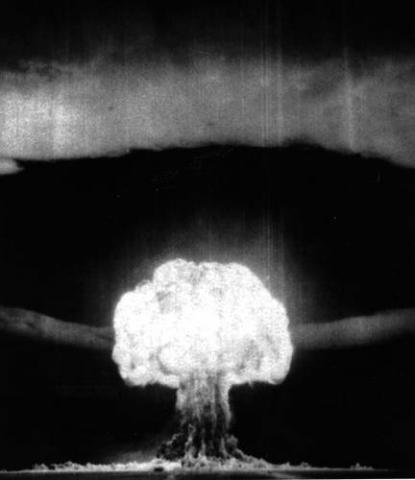Resolving the Suez Crisis:
Successful Debate & Diplomacy in the Cold War
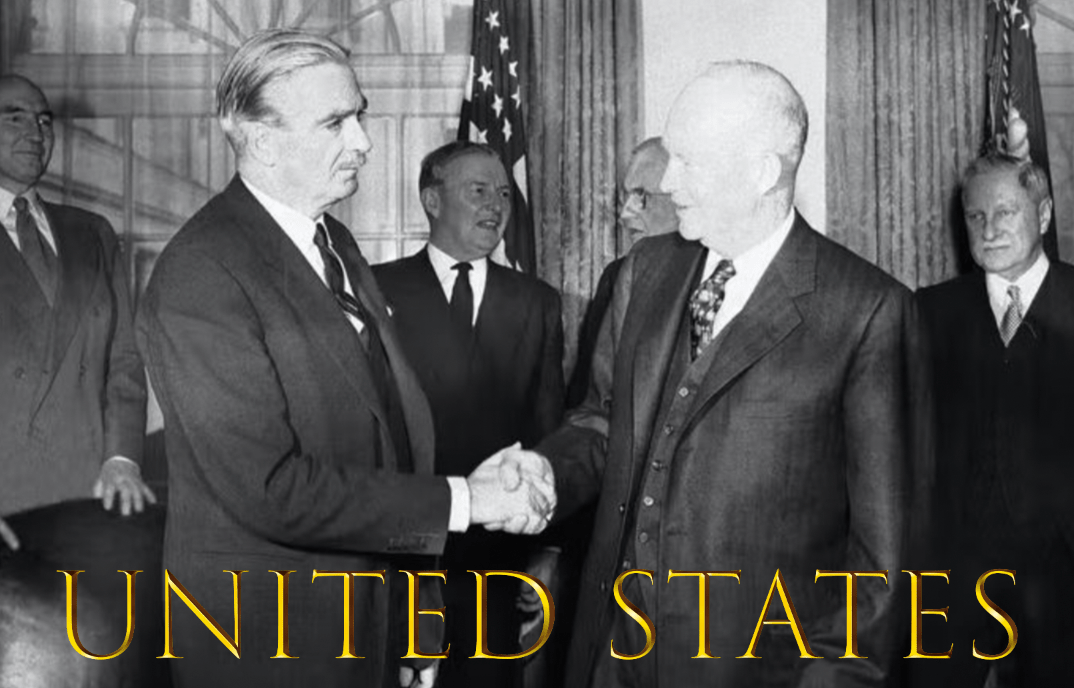
Eden meeting with Eisenhower at the White House, 1956, The Conversation.
U.S. Neutrality

Commander of Operation Musketeer, Charles Keightley, with French paratroopers, National Army Museum.
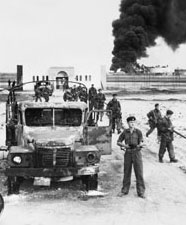
British troops in Port Said, BBC History.

French troops with Egyptian prisoners of war, cvce.eu.
The United States opposed British and French intervention believing that Egypt should democratically govern itself under UN adjudication. John Dulles, Secretary of State, morally pressured Egypt by proposing to have an advisory group of 17 maritime nations administer the canal, which Nasser handily rejected. Rather than conform to Egypt’s demands, the United States should have diplomatically established that Soviet arms were useless. However, the U.S. remained precariously neutral, and their pacifism inevitably caused a rush to force.
Secretary of State John Dulles (left) discussing a National Address with President Dwight D. Eisenhower, 1955, Politico.
“We must make a genuine effort to bring world opinion to favour the international operation of the canal… It should be possible to create a world opinion so adverse to Nasser that he would be isolated. Then if a military operation had to be undertaken it would be more apt to succeed and have less grave repercussions than if it had been undertaken precipitately.”
~ John Dulles, 1 August 1956, Kissinger Diplomacy
“We do not… want to meet violence with violence. We want, first of all, to find out the opinion of the many nations vitally interested because we believe that all the nations concerned, including Egypt, will respect the sober opinions of the nations which are parties to the internationalizing treaty of 1888, or by its terms, entitled to its benefits.”
~ John Dulles, 1 August 1956, Kissinger Diplomacy
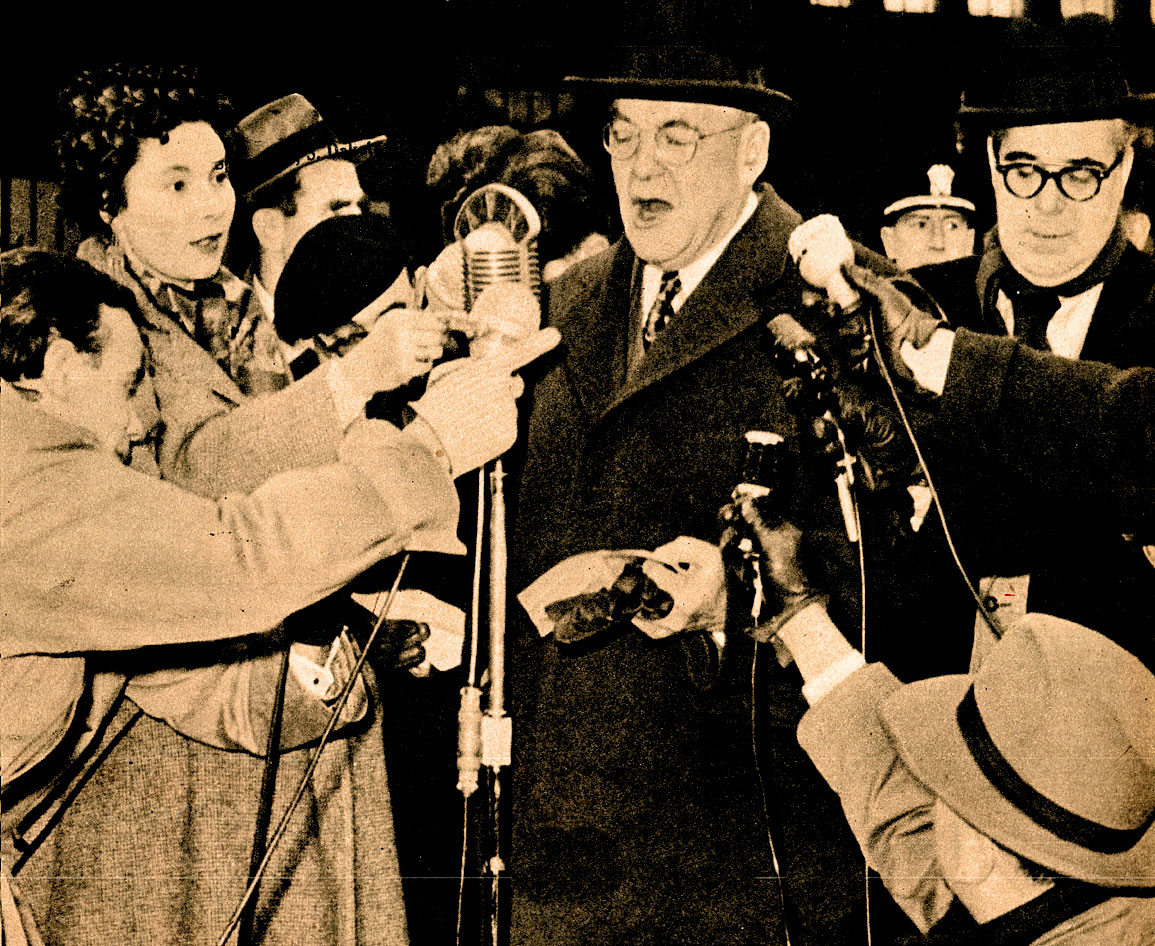
Secretary of State John Dulles at a press conference, 18 December 1956, Past Daily.
“Mr. Secretary, with the United States announcing it will not use force, and with Soviet Russia backing Egypt with its propaganda, does that not leave all the trump cards in Mr. Nasser’s hands?”
~ Journalist to John Dulles
Dr. Mercogliano: Successful UN Debate
Personal interview with Dr. Mercogliano via Zoom on 17 January 2022.
“I have an announcement. I have got the best announcement that I think I could possibly make to America tonight. The progress made in the settlement of the Suez dispute this afternoon at the United Nations is most gratifying. Egypt, Britain, and France have met, through their foreign ministers, and agreed on a set of principles on which to negotiate; and it looks like here is a very great crisis that is behind us.”
~ Dwight D. Eisenhower, 12 October 1956, in response to UN debate, Kissinger Diplomacy

John Dulles and President Eisenhower in the Oval Office, August 1956, The New York Times.
Successes of Neutrality
Under Eisenhower, the United States threatened to limit Britain and France from the International Monetary Fund for disregarding diplomacy. Furthermore, Shepoliv’s threats of nuclear war motivated Dulles and Eisenhower to de-escalate the conflict for fear of World War III. The United States condemned the attack against Egypt, and the UN successfully voted to end hostilities; the United Kingdom and France’s failure proved America’s dominance at their expense.
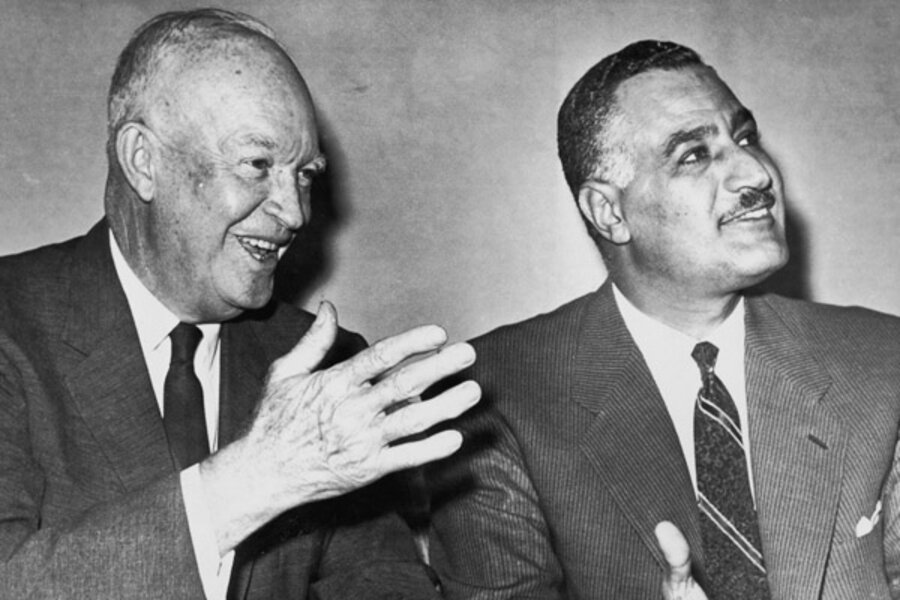
Eisenhower with Nasser during a UN General Assembly, CS Monitor.
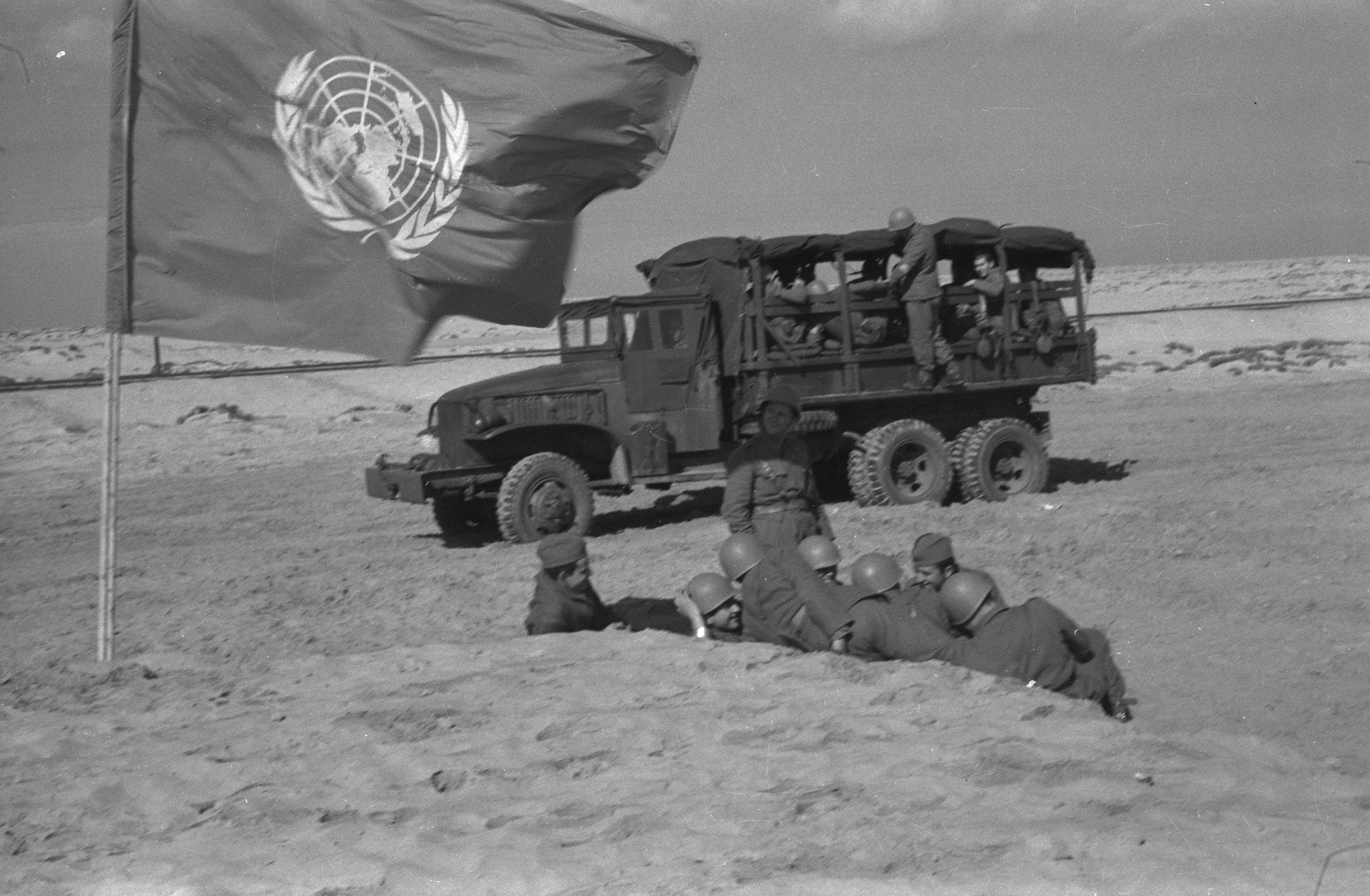
United Nations Emergency Force resting, Wikipedia.
